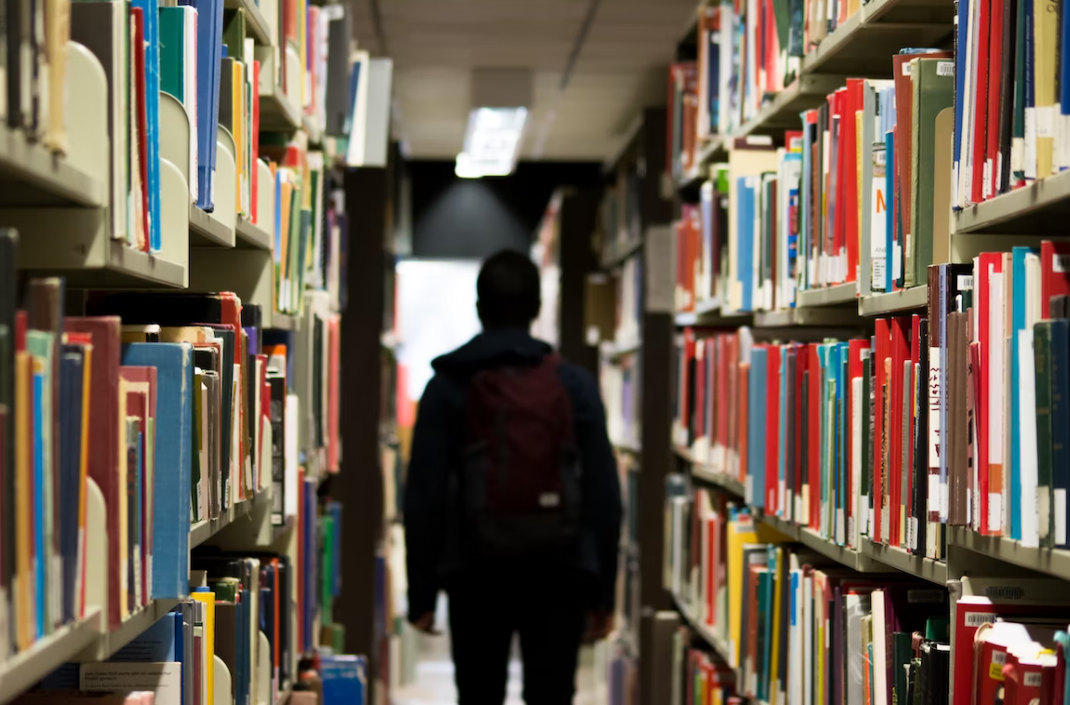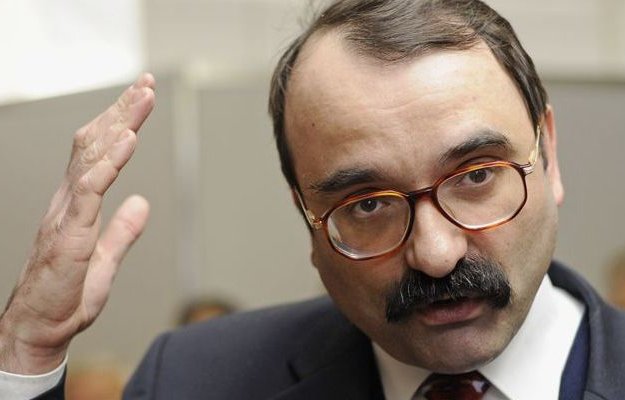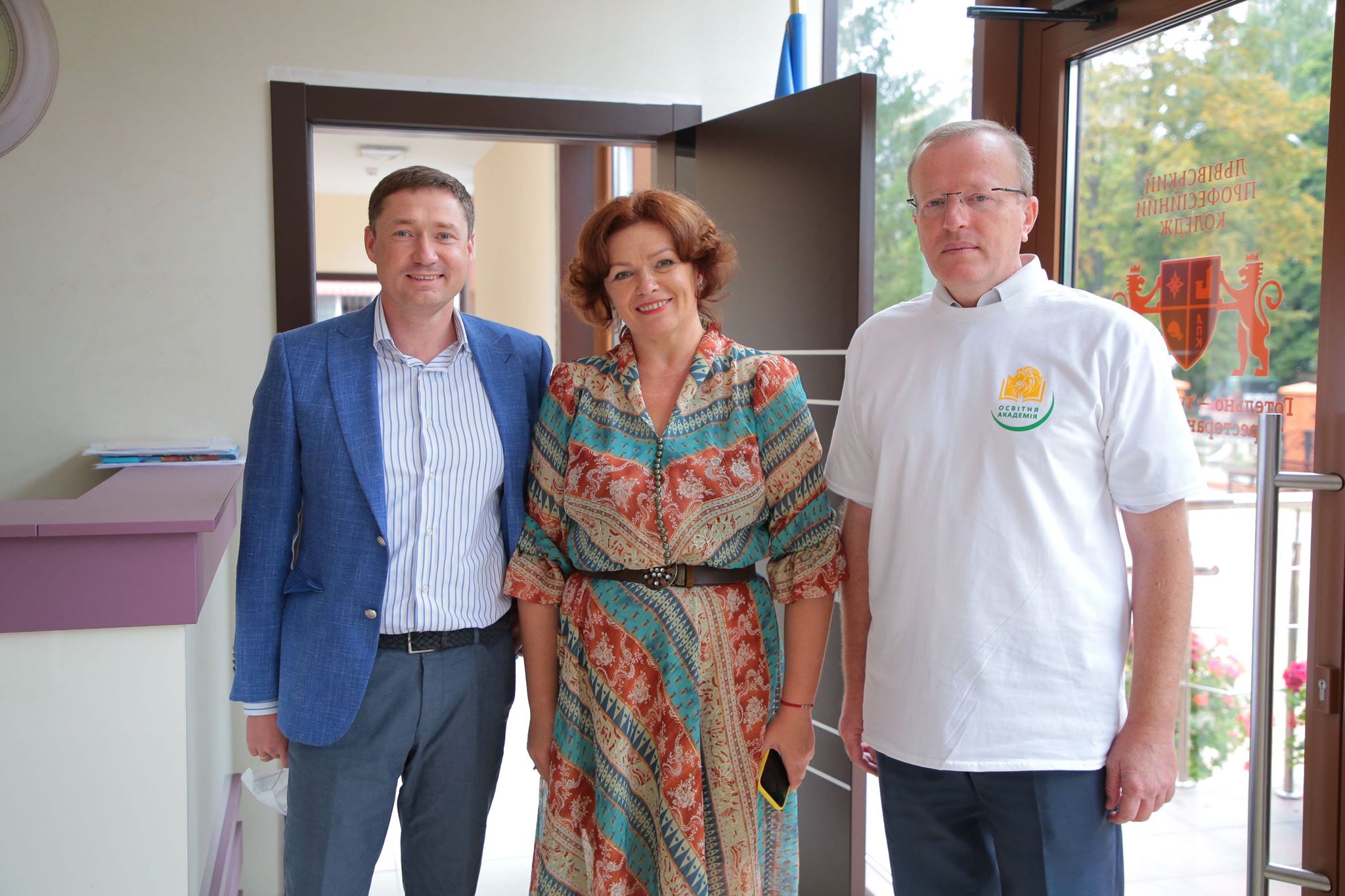
[For daily insights from throughout Ukraine, follow Ukrainian Freedom News on Telegram]
In the international rating of talent competitiveness (GTCI, 2021), Ukraine ranks 61 out of 155 countries. This rating involves evaluation according to the following indicators: Enable – 85 position, Attract – 80, Grow – 57, Retain – 59, Vocational and Technical Skills – 69, Global Knowledge Skills – 39.
Despite the insufficiently favourable conditions for talent development, Ukraine has a high score for Global Knowledge Skills. This indicator takes into account the workforce with higher education, scientists, professionals and senior managers, as well as the impact of talent on the development of the economy: innovations, high-tech exports, new products, and scientific articles.
As a result of the Russian full-scale invasion of the territory of Ukraine on February 24, 2022, our state suffered significant losses of human capital. Dmytro Lubinets, the Verkhovna Rada Commissioner for Human Rights, notes that a total of 7.9 million Ukrainians left the country because of the war.
According to the Ukrainian scientist, Doctor of Physical and Mathematical Sciences Maksym Strikha, who served as a former Deputy Minister of Education and Science of Ukraine, the situation with science in Ukraine is difficult, but it was similar even before the war. There are several reasons for that. In particular, in Ukraine, the authorities never took into account the fact that science is a really important factor in state development. Apart from symbolic words of support for science, they didn’t develop it much.
«Science was supported in the same way as symphony orchestras and opera houses are supported [in Ukraine],» – Maksym Strikha says.

Another factor that affected the situation with science is that its structure and management remained archaic. Ukraine is one of the last states in the post-Soviet space that has preserved an intact system of scientific organization. It was initially sharpened to meet the needs of the Soviet economy and has remained the same as 50 years ago. Against this background, there were some bright success stories. For example, Sumy State University was a leader for 15 years thanks to skilful scientific management. However, there were also many problematic stories.
«We have the National Academy of Sciences of Ukraine, but it is a model of the Academy of the Ukrainian Soviet Socialist Republic. There are other institutes that were created to accompany important industries at the time, but these simply do not exist today. We also have a system of universities, where science has recently been developing quite actively. But it happens rather contrary because the system of funding research in universities still comes from the same Soviet times when it was believed that science is a task of the academy, and universities must teach, having science only as something additional. In addition, there are very few meaningful discussions in the community about what we should do next with science, and this is bad. During almost 60 years of Borys Paton’s presidency in the National Academy of Sciences, debates were not accepted, people who tried to debate looked like urban lunatics.» – the scientist narrates.
According to him, Ukraine does not lack radical projects, but they are mainly created by those who are actually unknown in scientific circles.
«Science is very complex, and wrong steps can lead to its destruction. It is also very specific and requires a lot of responsibility in reforming,» – the interlocutor adds.
Before the war, funding for science was insufficient, personnel growth was limited. The reason is not only low salaries but also the fact that there was not enough laboratory equipment in Ukraine to work at a high level. This way, a person who wanted to work in modern directions, but could not realize himself in Ukraine, was forced to emigrate even before the war. The current war has worsened this situation. Many scientific facilities were destroyed, such as the best decameter radio telescope in Europe.
As Maksym Strikha notes, almost 15% of the infrastructure has been damaged due to the war in Ukraine. Also, the Russian invasion directly affected 40% of Ukrainian researchers, making their work impossible or forcing them to emigrate. According to current estimates, at least 10% of them will not return to Ukraine, no matter what the situation is.
Despite everything, Ukraine still retains serious scientific potential in various fields. The team of Nobel laureates in recent years has always had a Ukrainian representative, the article on the discovery of the Higgs boson had Ukrainian co-authors (the boson was discovered on detectors grown in Kharkiv). The development of Ukrainian scientists – the 155-millimetre self-propelled gun «Bohdana» – made it possible to de-occupy Zmiiny Island. The cruiser «Moskva» was hit by cruise missiles «Neptune» which is Ukraine’s older invention, emphasizes Maksym Strikha.
«Brain drain» and opportunities
In the current time of a full-scale war, the issue of «brain drain» has become somewhat more acute, emphasizes Andrii Dakhniy, doctor of philosophy, translator of philosophical works and lecturer at Lviv University and Ukrainian Catholic University.
«At first, we suffered from the coronavirus for two years in a row and thought that there would be no more problems. But the war began, and almost all learning was reduced to distance learning, which is inferior. Some of the students have left the country or work online. We are used to thinking and saying that a university is both a teaching and scientific activity. But the university teacher is so loaded with seminars and lectures that there is not much time left for science. Especially during the war. Online teaching and meetings come to the fore,» – he says.
Even in pre-war times, Western universities were attractive to many Ukrainians. Promising people studied in Europe and moved there. Andrii Dakhniy believes that this issue has become more acute now. «Outflow» is now greater than «inflow». But this is also a window of opportunity for young gifted people:
«These opportunities have now become even greater because there are excellent programs for Ukrainian students. There is hope that in the future when we will rebuild the country and there will be more favourable conditions for the return of these people, they will come with a large baggage of knowledge, more experience and an excellent school.»
Candidate of Sciences in Public Administration Oleh Paska, who also serves as Director of the Department of Education and Science at Lviv regional military administration, attends as a lecturer at Lviv Polytechnic National University and is a co-founder of the Higher School of Political Leadership and says that if highly qualified scientists do go abroad to study or implement projects, then usually almost all return or cooperate with colleagues from Lviv.
«Of course, there are some scientists who work in very serious scientific institutions abroad, but they are still not lost to Lviv science,» – the educator says.

According to him, a competition for scientists is being held in the Lviv region for the third year (it wasn’t only in 2022 because of the war). This competition has been somewhat modernized and is conducted exclusively according to international indices and indicators. Scientists receive awards. Also, the Department of Education and Science created an expert council on science and innovation, which selects the best innovative ideas that can give perspective to the region and the country. It included 2% of the world’s most cited scientists, exclusively based on the criterion of belonging to the TOP. The expert council is engaged in the selection of ideas of two types – basic and applied research – and should help the winning scientists to realize them. This year, the competition is to be announced by the end of the academic year. 3.5 million hryvnias are planned for its organization.
«We need a good education no less than the army»
According to Oleh Paska, science needs to be financed, so when the war ends, it is worth taking advantage of Israel’s experience:
«All politicians, MPs and public figures love education on September 1 and on Teacher’s Day. But we always say that it should be truly loved: to direct a share of the state budget to its development. Therefore, we hope that after the war it will be possible to borrow the experience of Israel, and our state budget will not have 7% of expenditures on secondary education, but 20%. Education in Israel is the second most funded sector after the military. We understood that we need an army after 2014, but I hope we will understand that we also need education. In the end, those countries with advanced science and technology win and become leaders.»
The chief educator of the Lviv region believes that we should already think about creating and equipping laboratories that could be used jointly by various educational institutions. For example, to purchase equipment and build a laboratory at the Lviv National University named after I. Franko, which could also be used by the Lviv Polytechnic National University and other universities.
Ivan Demydov, a vice-rector for scientific work at Lviv Polytechnic National University, says that the scientific potential of the Western region, in particular, the Lviv region, remains traditionally high. It is evident that in recent years, cross-border cooperation has significantly developed in our country.
Today, scientists who are engaged in significant research together with European colleagues («Horizon», «Horizon Europe» programs and many others) have the opportunity to go abroad on business trips and carry out fruitful professional activities.
«At Lviv Polytechnic, we practically do not observe brain drain today, because it is normal to work from time to time in other scientific institutions, including foreign ones. And for our institution, the war has no tangible effect on this tendency. The national dimension is much more important: we know for sure that many scientists and teachers from the eastern regions of Ukraine are still abroad. Some get used to a new place, some return,» – he says.
There are a number of support programs abroad from various institutions and government organizations for professional scientific and pedagogical workers. As for the infrastructure, the rear location of most establishments protects them from air strikes, and they can more or less calmly continue their activities. Only the reduction of the already insufficient funding for reasons that are clear today is a significant concern, says the interlocutor.
However, there are already a number of initiatives aimed at forming a vision of reforming education and science in Ukraine by 2030. The support of scientific teams is important. But the system of evaluating their activities must be reformed in order to prevent the dispersion of the already scarce economic resources of the state.
In general, Ivan Demydov believes, without the development of education and science, one can hardly hope for a successful recovery and socio-economic development of Ukraine. For this, effective feedback should be built regarding the influence of society on the labour market on the content of education and learning outcomes.
According to his words, in Ukraine, the legal status of educational institutions and scientific institutions should be reviewed, and they should gain greater academic, financial, organizational and personnel autonomy. This will enable them to be less dependent on budget funding and to respond more quickly and efficiently to new challenges.
It is still very important to reform the system of general secondary education so that it is favourable for the development of talents in Ukraine and to form powerful university centres integrated into business environments, the vice-rector for scientific work of the National University «Lviv Polytechnic» is convinced.
After all, if we turn to history, the world still uses the knowledge and works of prominent Ukrainian scientists, in particular world-class economists, and they are proud of them in different corners of the globe. We are talking, in particular, about an academician, head of the Department of Economics of Ukraine at the Lviv National University named after I.Frank Stepan Zlupko, a Ukrainian scientist-economist whose scientific theories were recognized by foreign scientists of various schools and directions, Mykhailo Tugan-Baranovskyi, founder of geochemistry, biogeochemistry and radiogeology Volodymyr Vernadskyi, Ukrainian poet, giant of thought and scientist Ivan Franko, doctor, sociologist, physicist Serhiy Podolynskyi, as well as economist, historian, activist of the Ukrainian diaspora, professor of Ganter College in New York Vsevolod Golubnychy or mathematician Yevhen Slutskyi. There are many such names.
Ukrainian scientists often surprised the world with their inventions. For example, the Kyiv aircraft designer Ihor Sikorskyi invented the helicopter, the Lviv pharmacists Ihnatiy Lukasevich and Yan Zeg – the kerosene lamp, the Zhytomyr scientist and founder of cosmonautics Serhii Koroliov – the rocket engine, the mechanic Yosyp Timchenko – the kinescope, the physicist Ivan Pului discovered X-rays, bacteriologist Volodymyr Khavkin – a vaccine against plague and cholera. There are dozens of such inventions.
We are an extremely talented nation and will surprise the world more than once with our works and inventions, Andrii Yakymov concluded.
Olha Shveda, translated by Vitalii Holich
Photo: Oleh Paska’s Facebook page, «Higher Education», «Ukrinform», National Academy of Sciences of Ukraine; main photo: Ukrainian Catholic University
Full or partial republication of the text without the written consent of the editors is prohibited and considered a violation of copyright.
Follow us on Facebook and Instagram. Lviv Now is an English-language website for Lviv, Ukraine’s «tech-friendly cultural hub.» It is produced by Tvoe Misto («Your City») media-hub, which also hosts regular problem-solving public forums to benefit the city and its people.







